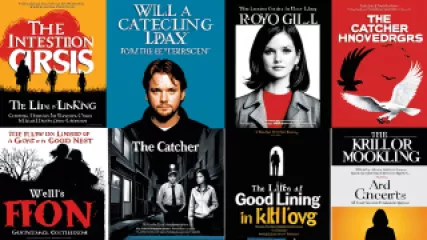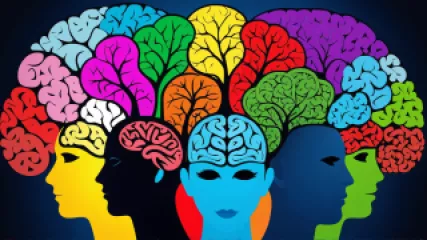The Ultimate Guide to Understanding Emotions
1 year ago
Understanding Emotions
Overcome Negative Thinking: 7 Proven Strategies to Rewire Your Mind
1 year ago
Overcoming Negative Thinking
What Are the Key Steps in Crisis Intervention?
1 year ago
Crisis Intervention
How to Understand and Manage Your Emotions for Better Mental Health
1 year ago
Understanding Emotions
A Step-by-Step Guide to Overcoming Negative Thinking through Cognitive Behavioral Therapy
1 year ago
Overcoming Negative Thinking
The Power of Understanding Your Emotions: An Emotional Wellness Perspective
1 year ago
Understanding Emotions
Unpacking the Mental Side of Athletic Excellence: A Performance Psychology Coaching Perspective
1 year ago
Psychology Of Sport
Learning Crisis Intervention Strategies from Popular Books and Movies
1 year ago
Crisis Intervention
Top 8 Trauma Healing Techniques to Try Today
1 year ago
Trauma
Effective Coping Strategies for Overcoming Negative Thinking
1 year ago
Overcoming Negative Thinking
Understanding Trauma: A Step-by-Step Guide to Finding Online Mental Health Resources
1 year ago
Trauma
Effective OCD Treatment Online: A Step-by-Step Guide
1 year ago
Obsessive Compulsive Disorder
Learning Resilience Mindset Coaching Lessons from Popular Books and Movies
1 year ago
Resilience
Understanding the Psychology of Belief Formation
1 year ago
Psychology of Belief















